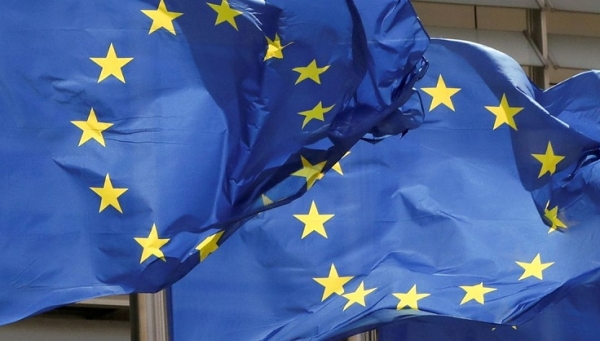
EU should enable military coalitions to tackle crises, Germany says
Germany called on the European Union on Thursday to enable coalitions of the willing within the bloc to rapidly deploy a military force in a crisis as members discussed the lessons learned after the chaotic evacuation from Afghanistan.
EU efforts to create a rapid reaction force have been paralyzed for more than a decade, despite the creation in 2007 of a system of battlegroups of 1,500 troops that have never been used due to disputes over funding and a reluctance to deploy.
But the exit of US-led troops from Afghanistan has brought the subject back into the spotlight.
“Sometimes there are events that catalyze history, that create a breakthrough, and I think that Afghanistan is one of these cases,” EU foreign policy chief Josep Borrell said in Slovenia, adding he hoped for a plan in October or November.
Borrell urged the bloc to create a rapidly deployable “first entry force” of 5,000 troops to reduce dependence on the United States.
The proposal from Germany, one of the strongest military powers in the EU but historically reluctant to send its forces into combat, would rely on a joint decision by the bloc but not necessarily all 27 members deploying their forces.
“In the EU, coalitions of the willing could act after a joint decision of all,” German Defense Minister Annegret Kramp-Karrenbauer said in a tweet as she and her EU counterparts met in Slovenia.
A rapid reaction force is seen as more likely now that Britain has exited the bloc. Britain, one of Europe’s main military powers alongside France, had been skeptical of collective defense policy.
EU diplomats say they want a final deal on design and funding by March when France takes over its six-month presidency in January.
Kramp-Karrenbauer said the key question was not whether the EU would establish a new military unit, and the discussion must not stop there.
“The military capabilities in EU member countries do exist,” she said. “The key question for the future of the European security and defense policy is how we finally use our military capabilities together.”
Slovenia’s Defense Minister Matej Tonin meanwhile suggested a rapid reaction force could comprise 5,000 to 20,000 troops but deployment should not depend on a unanimous decision by the EU-27.
“If we are talking about the European battlegroups, the problem is that, because of the consensus, they are almost never activated,” Matej, whose country holds the rotating EU presidency, told reporters.
“Maybe the solution is that we invent a mechanism where the classic majority will be enough and those who are willing will be able to go (ahead).”
© Reuters


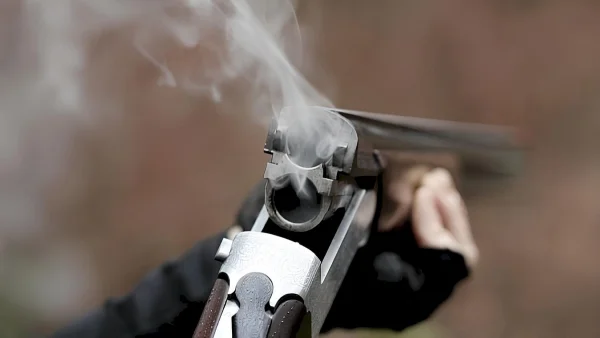
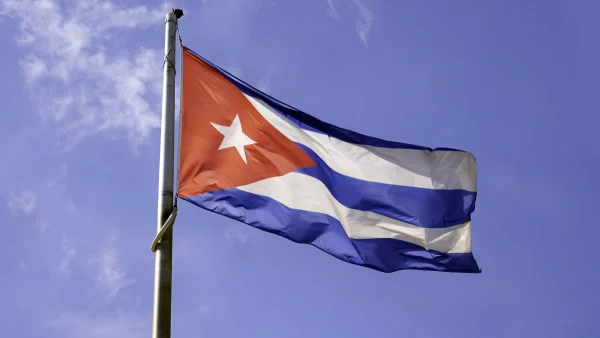

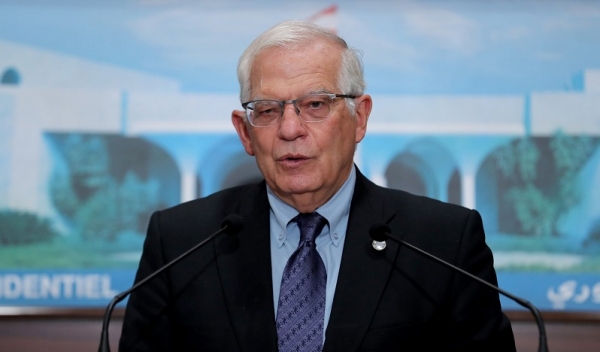

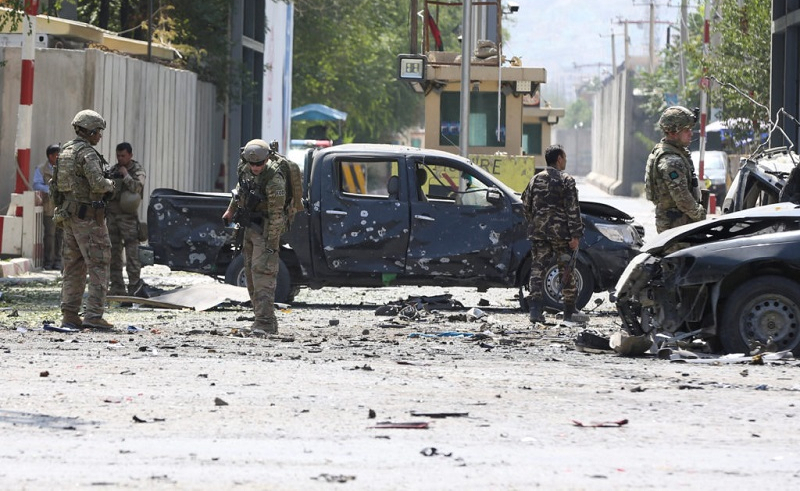

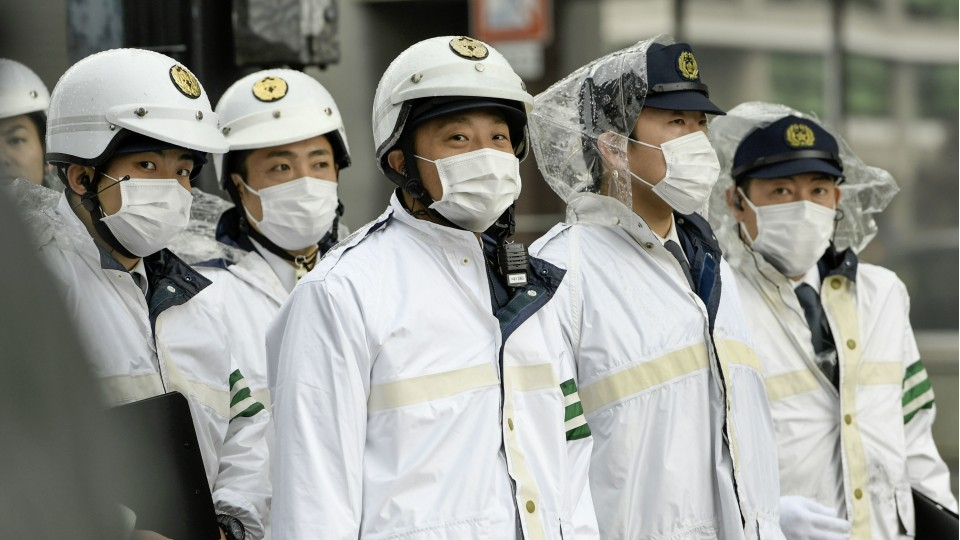
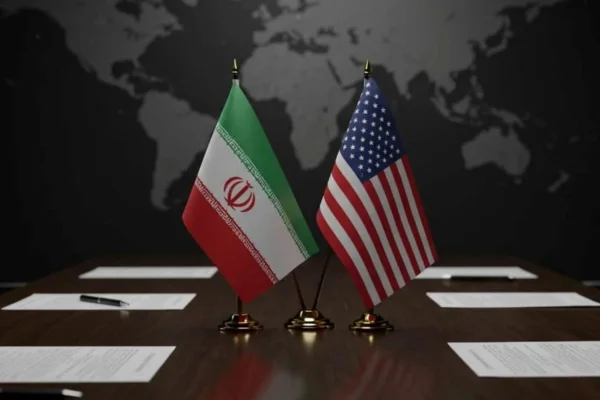

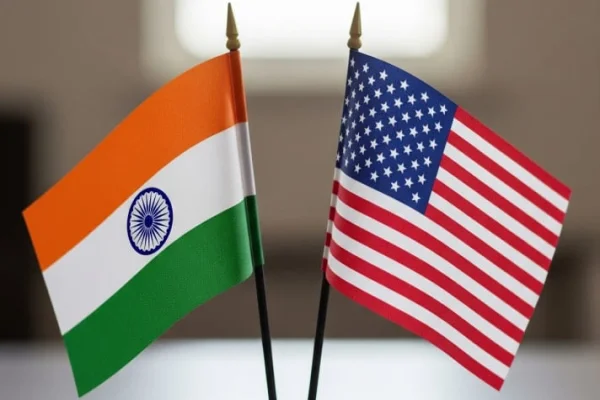
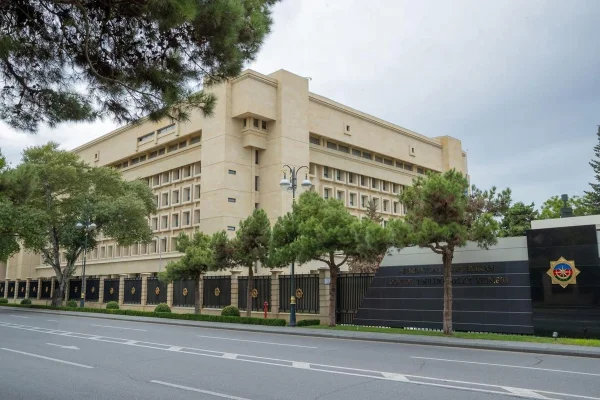





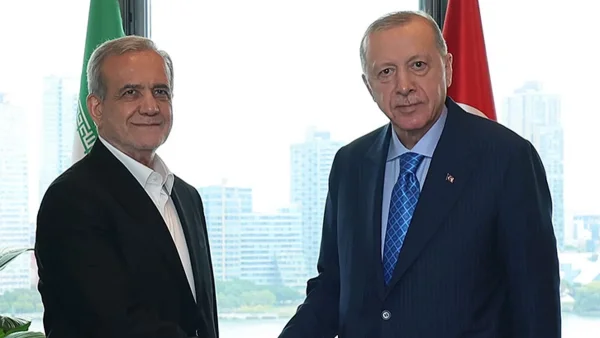
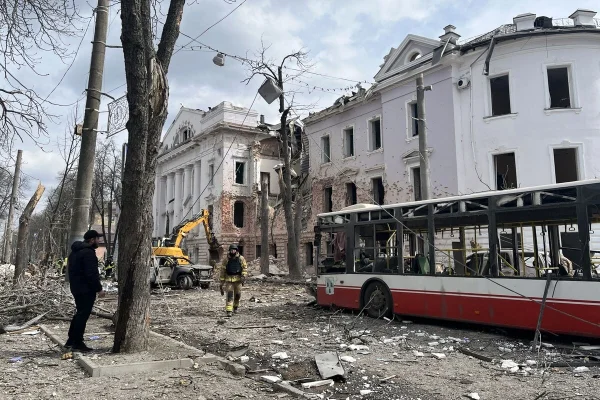

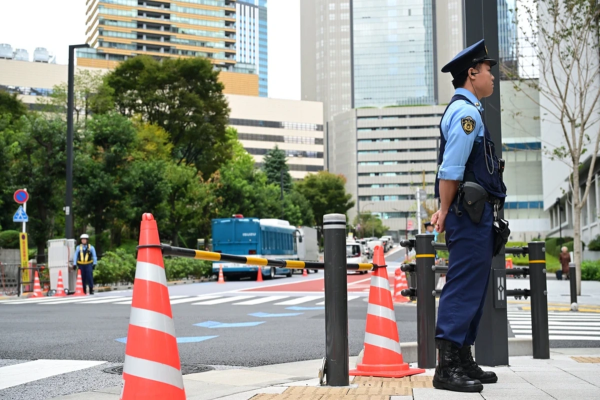
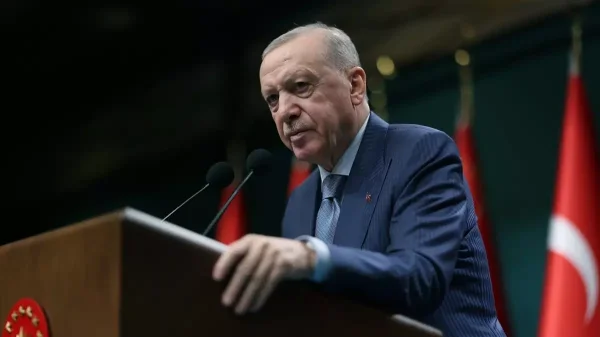
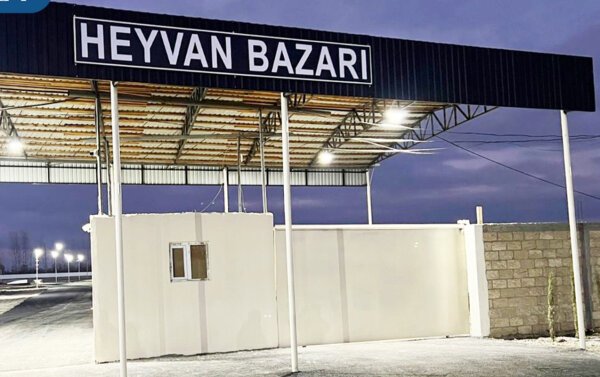
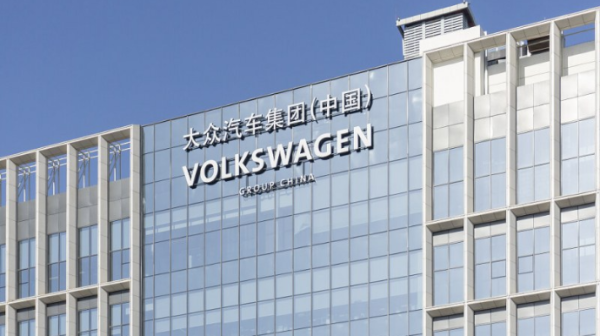
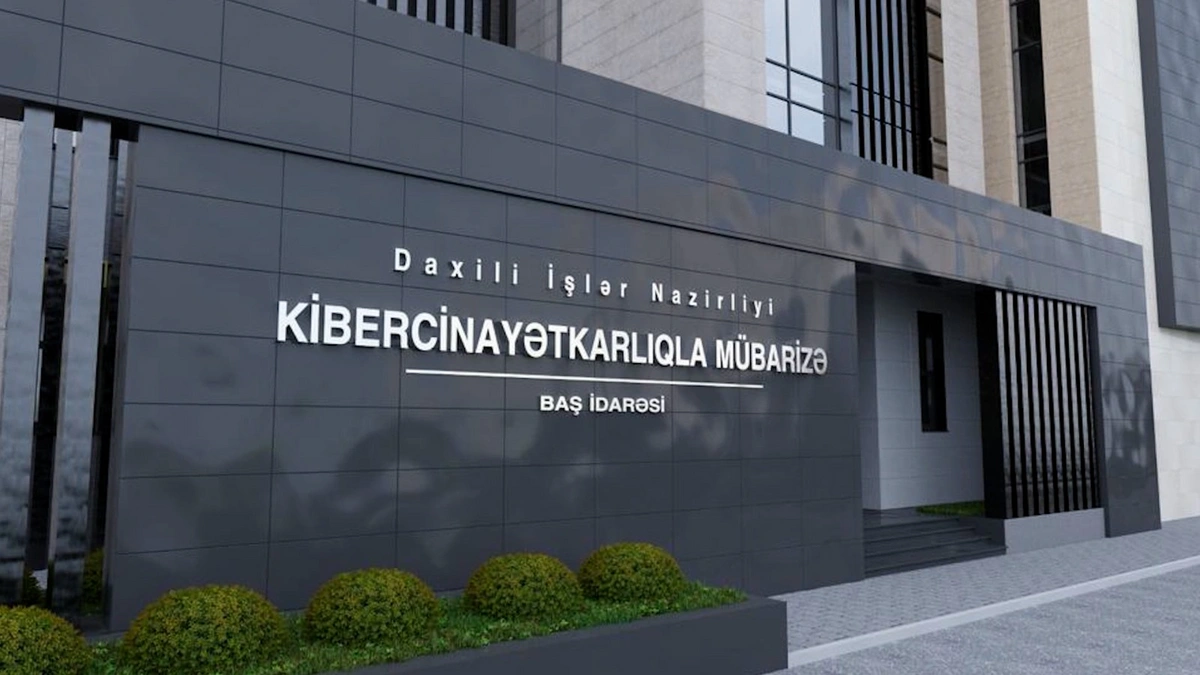


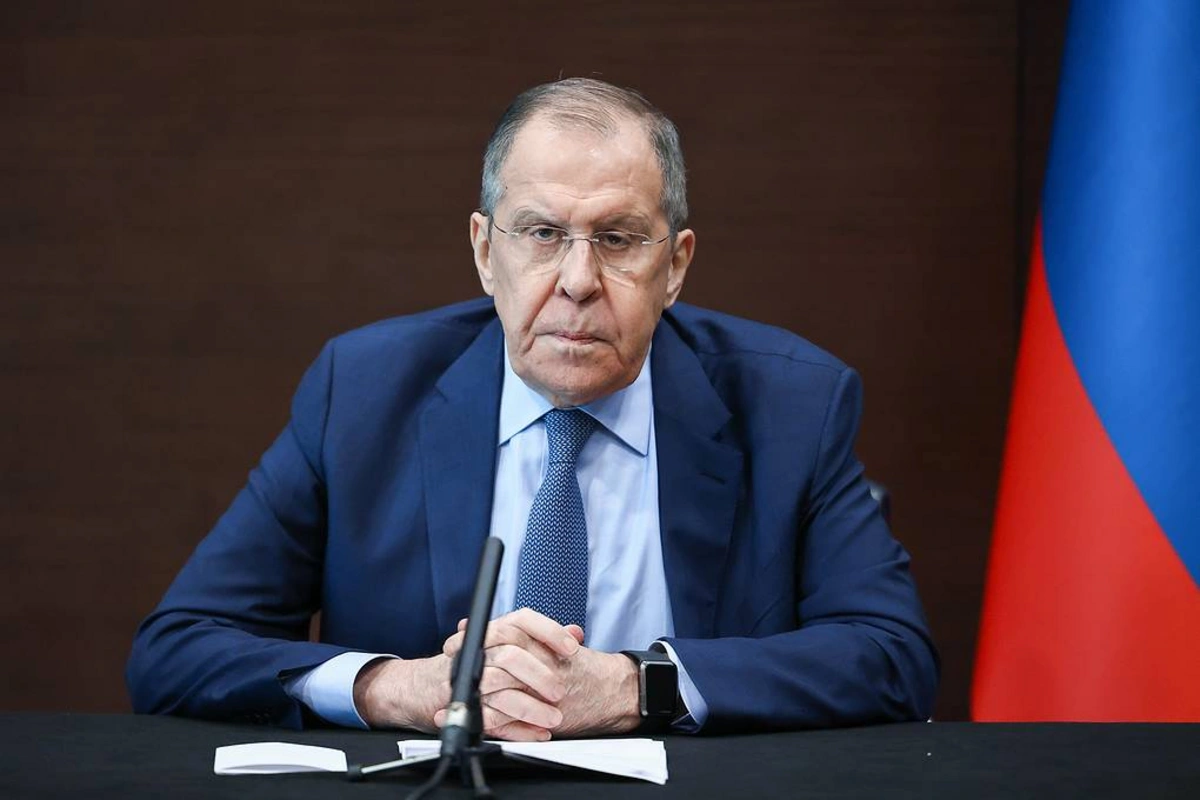
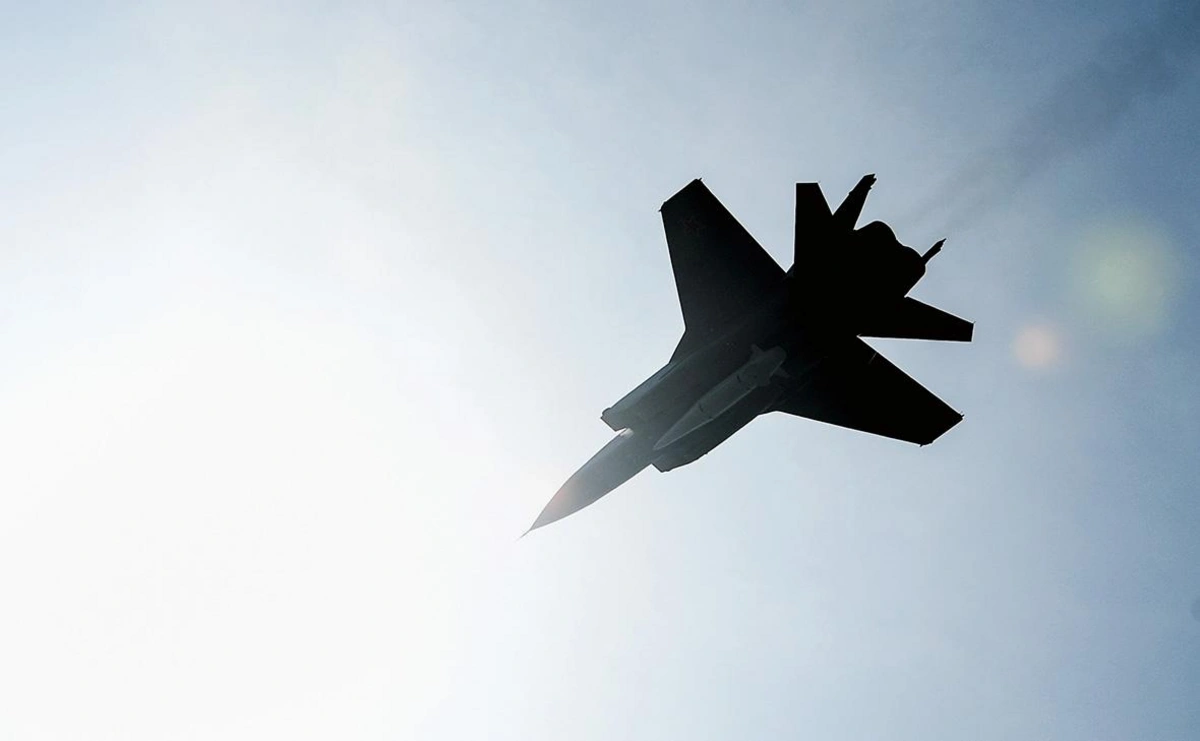

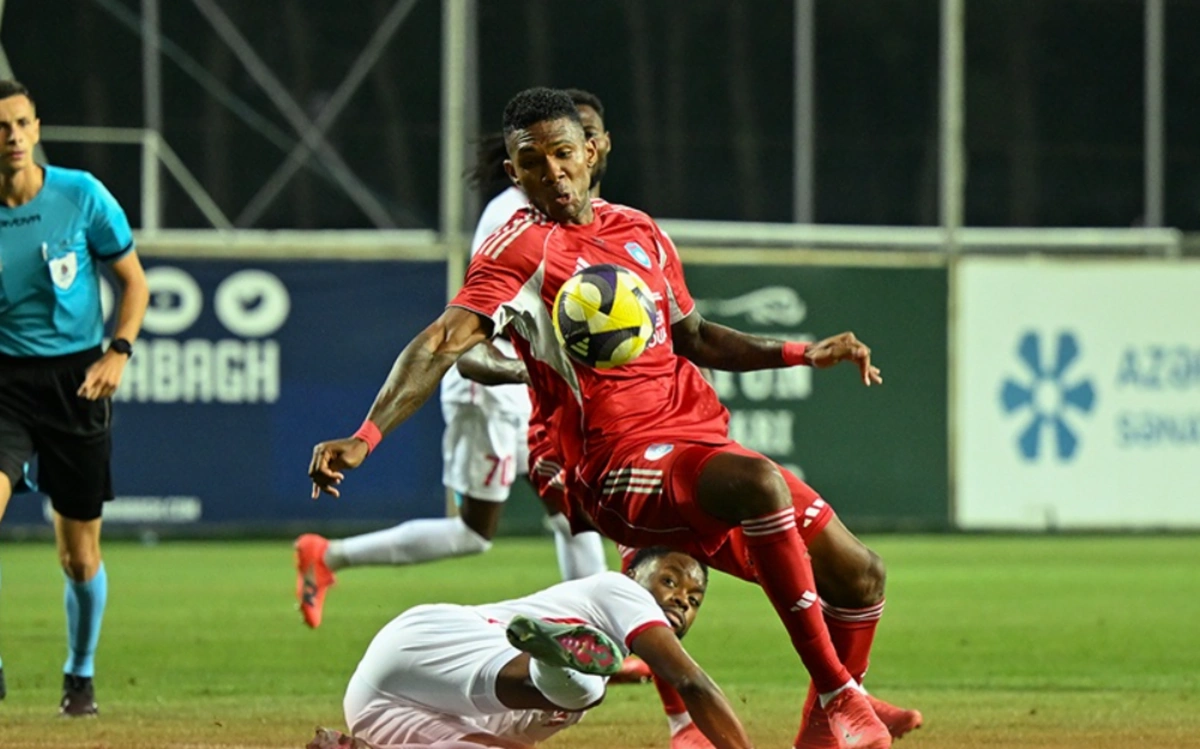

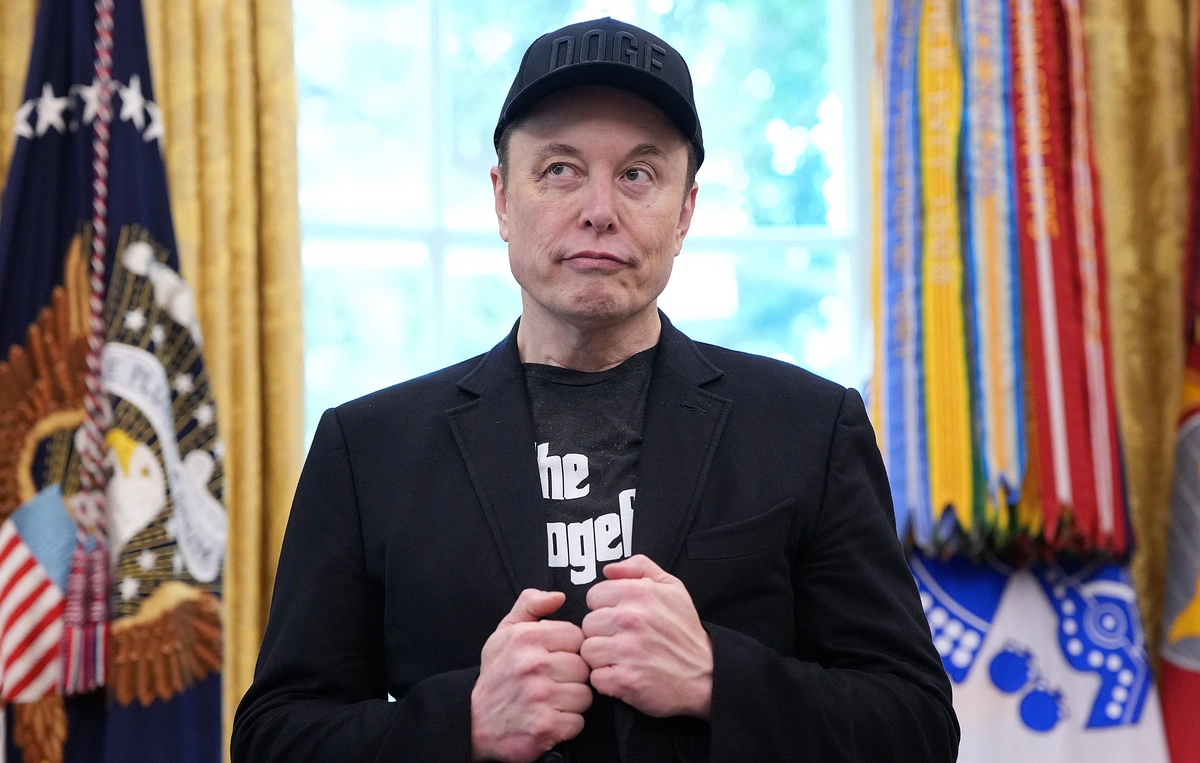
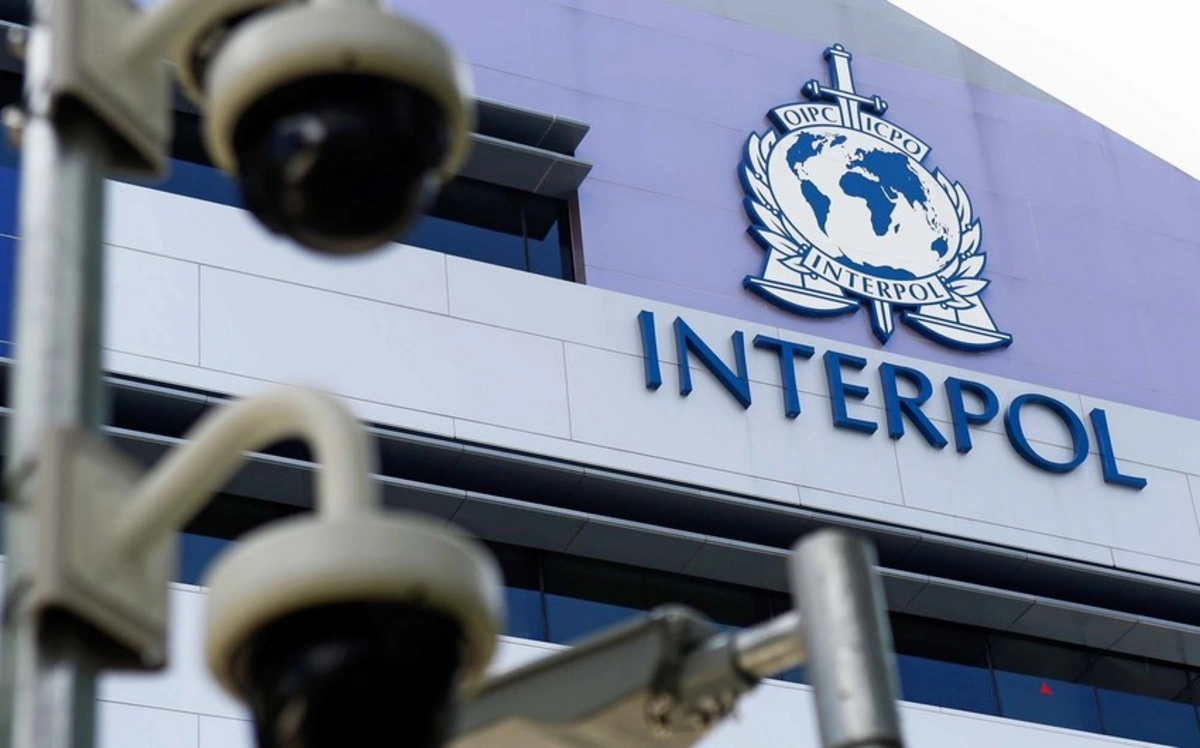

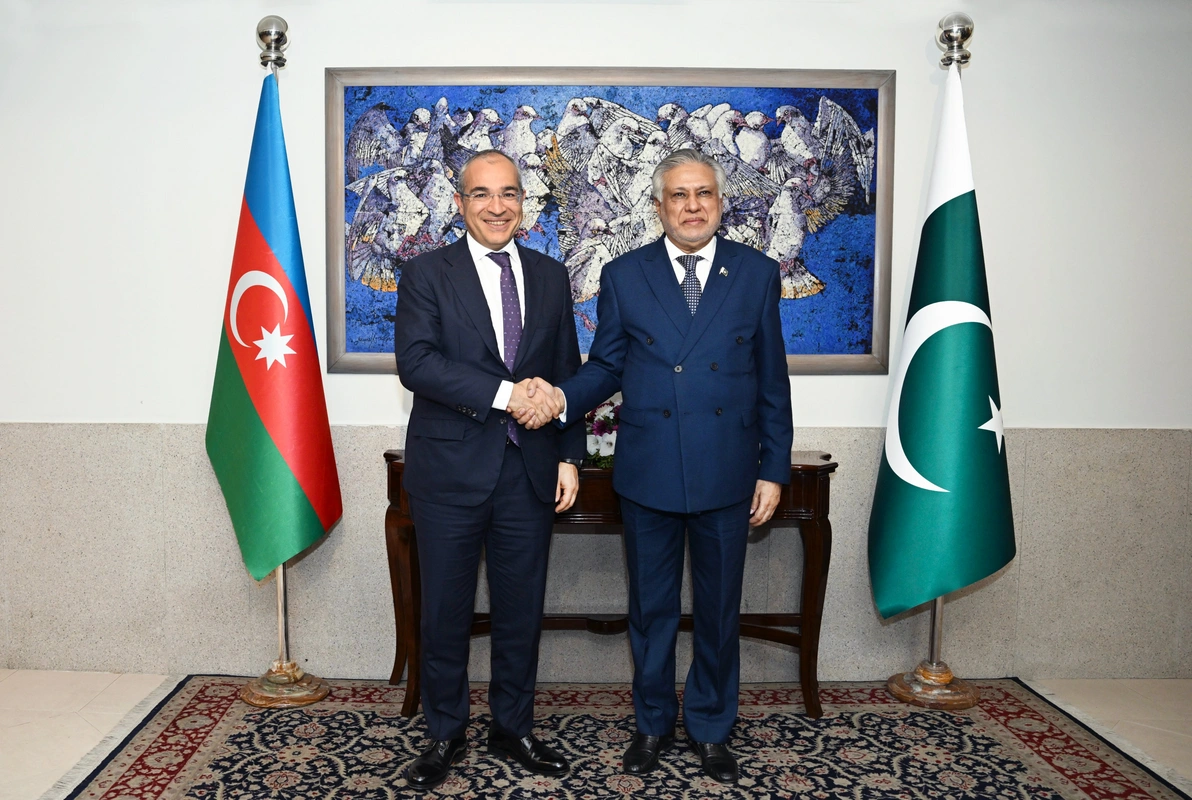




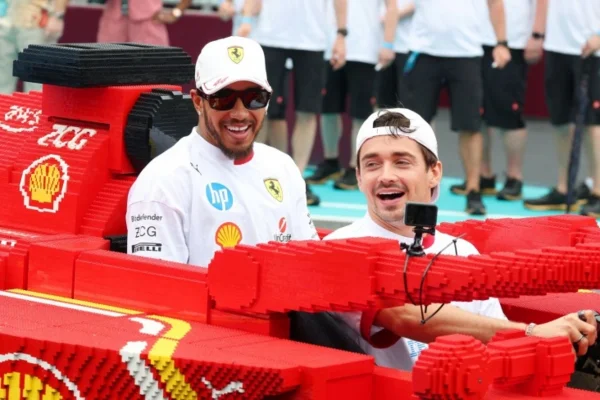
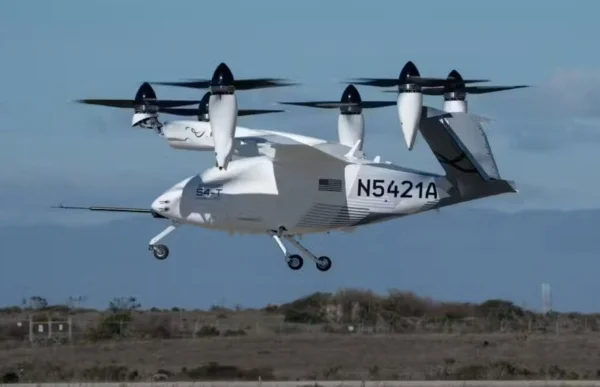
Şərhlər